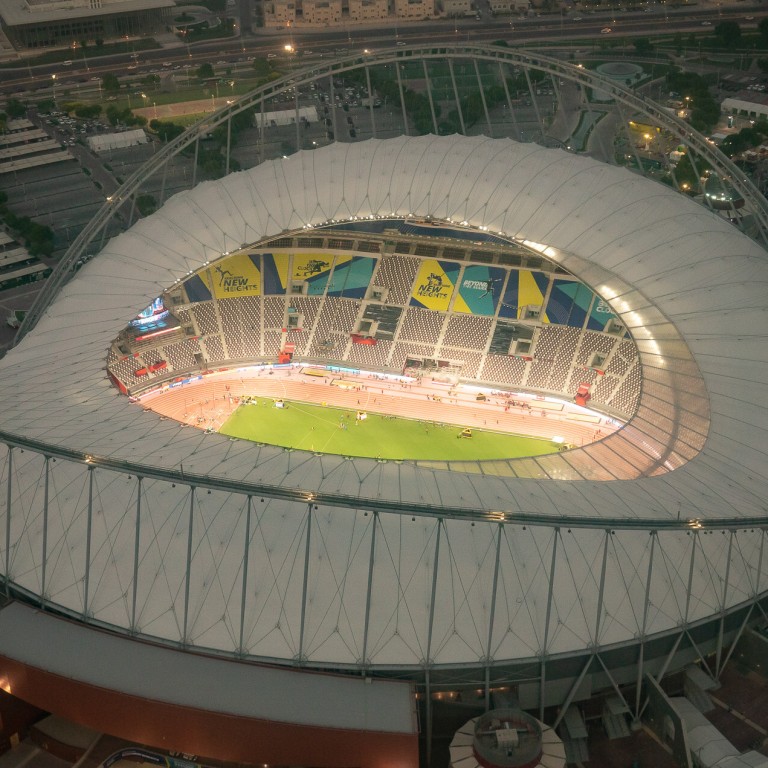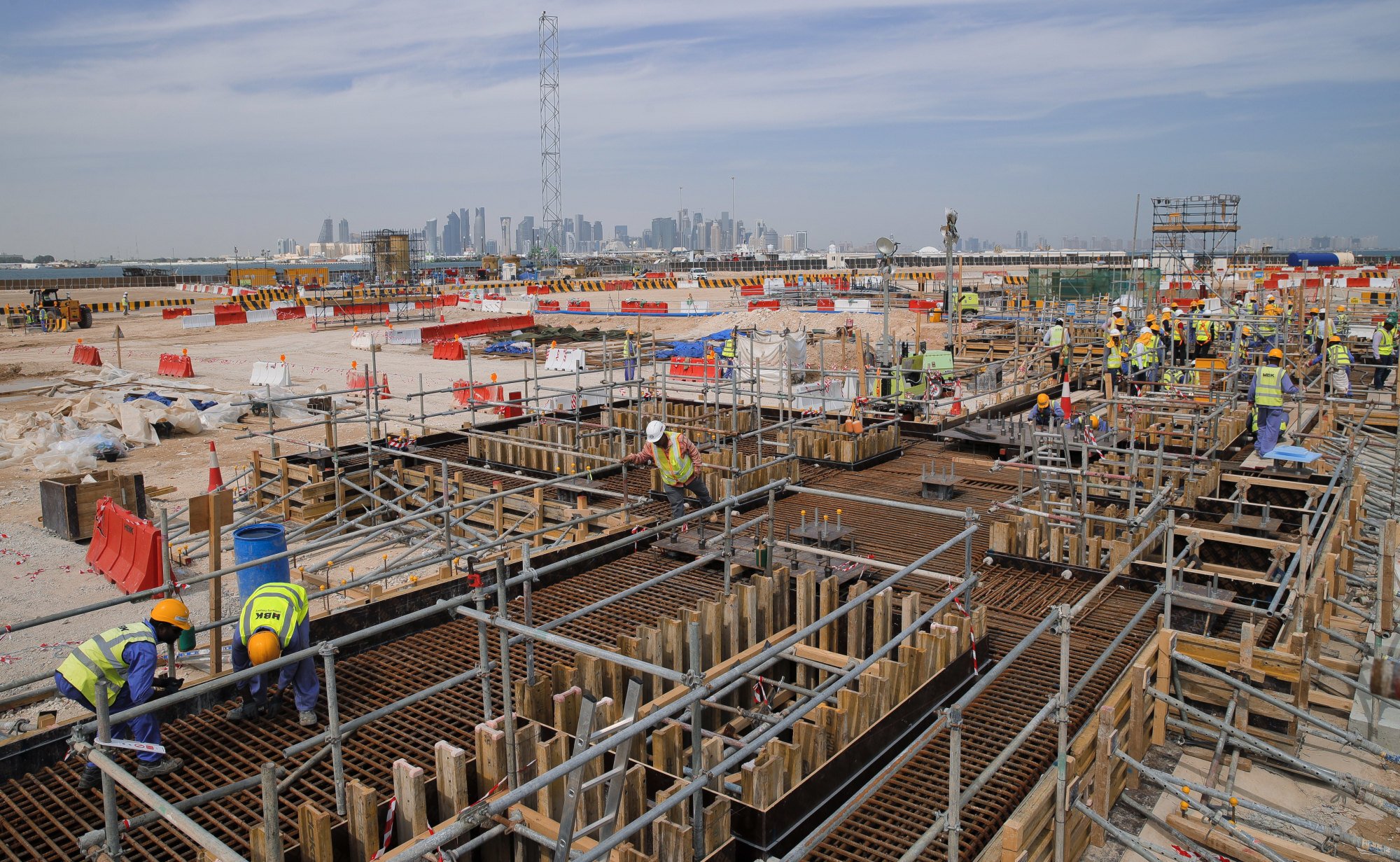
Fifa 2022 World Cup deaths in Qatar: the ugly side of the beautiful game
- Thousands of migrant workers from nations such as India and Sri Lanka have died building infrastructure for the football tournament hosted by Qatar
- Can we in good conscience enjoy a spectacle played in stadiums that have cost people their lives?
In February, reports emerged that more than 6,500 migrant workers from India, Bangladesh, Nepal, Pakistan and Sri Lanka had died in the Middle East nation since 2011, when it won the right to host the tournament. A significant proportion of those who died were involved in Doha’s US$200 billion World Cup-related infrastructure drive, according to The Guardian.
The number of deaths is definitely higher, as it does not include workers from countries such as the Philippines. They died from heatstroke and exhaustion and suicide, thousands of kilometres from their families, their final hours defined only by uncertainty thanks to the paucity and opacity of official records.
Netherlands players aim human rights protest at Qatar
So how do we simply watch games of football when thousands have died? Can we in good conscience enjoy a spectacle played in stadiums people have given their lives to build? Should the tournament be boycotted or moved?
The true tragedy, perhaps, is that there is nothing new about what happened in Qatar – not the addiction to infrastructure, nor its human cost. The 1990 World Cup in Italy saw a glut of construction and renovation for stadiums that were still being paid for decades later. The heady mix of corruption and profligate spending was as evident then as it was in the run-up to Brazil in 2014, when the US$14 billion cost of staging the tournament sparked large-scale protests in one of the most football-obsessed nations on earth.
The most recent World Cup, Russia 2018, was also not short of controversy. Moscow had annexed Crimea four years before, leading to calls for the tournament to be moved. The clamour only grew after Malaysia Airlines Flight 17 was shot down by a Russian missile over eastern Ukraine. And that’s before we get to the racism that permeates Russian football, or the brutal crackdowns and criminalisation of the country’s LGBT community.

Can the tournament be moved? Yes, and there is precedent, though at longer notice. Colombia in 1982 resigned from hosting duties for the 1986 tournament, with then president Belisario Betancur citing a lack of economic capacity and, pointedly, a shortage of “time to attend to the extravagances of Fifa and its members”.
Far more likely is that the tournament will continue as planned, amid a smattering of protests such as the Norwegian, Dutch and German national teams lining up before a recent World Cup qualifying match wearing T-shirts emblazoned with human-rights slogans. Fifa, which has cracked down on such political statements in the past, sensibly declined to take action.
Nepal to probe why 1,000 migrant workers die in Asia, Middle East each year
But for us in the stands or in front of screens, what recourse is left? We can critique the structures that prop up inequality, and campaign for Qatar to channel some of the World Cup proceeds to the families of those who died in the desert. Doha could even invest in grass roots football in India or Sri Lanka, build stadiums there and name them after those who lost their lives.
Qatar’s official response is that while “each loss of life is upsetting, the mortality rate among these communities is within the expected range for the size and demographics of the population”. It points out that citizens as well as foreign nationals in the country have access to “free first-class health care”, and expects a “consistent decline in the mortality rate”.
Perhaps, from the position of extreme privilege shared by most of us who tune in, it is enough to keep talking about what has happened, to be mindful of the human toll. Perhaps we can argue that the deaths and the politics and the machinations of capital are dependent on the sport itself, not vice versa; that there is something incorruptible about what takes place on the pitch, despite all that happens off it. Perhaps we can tell ourselves that, for at least one more tournament.

